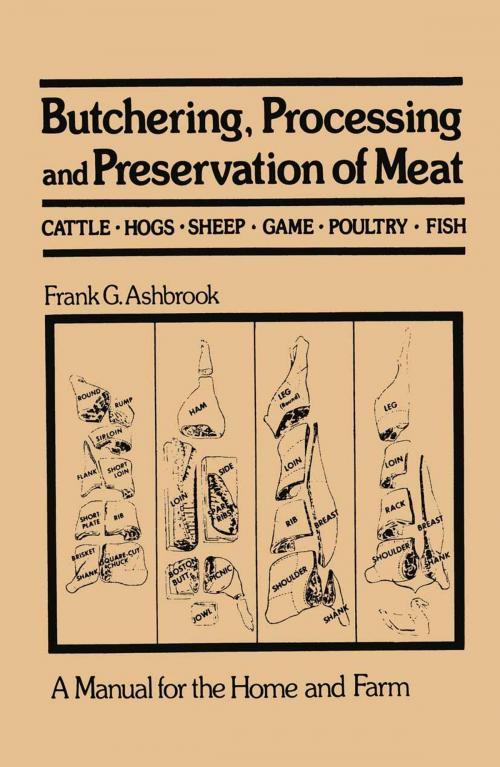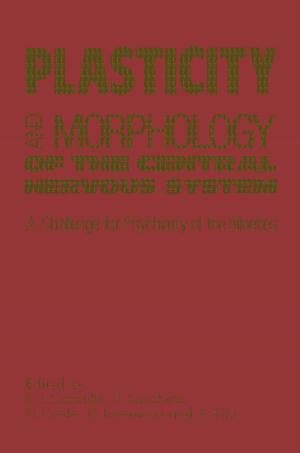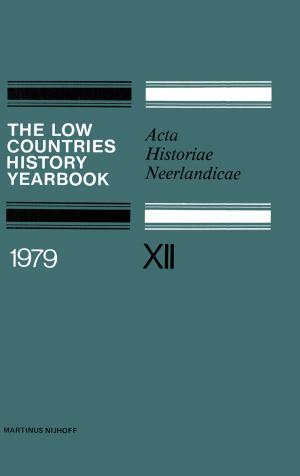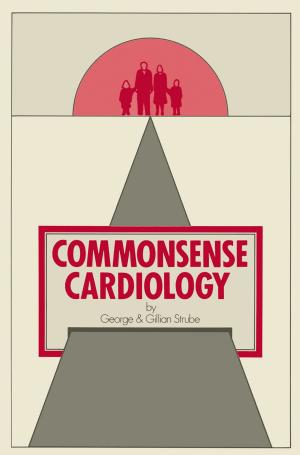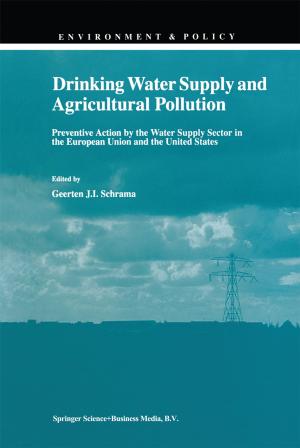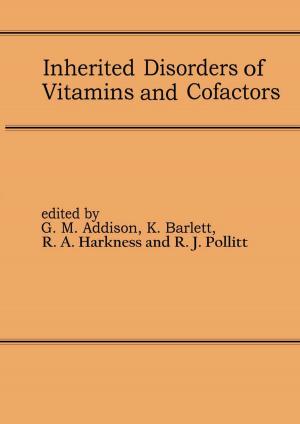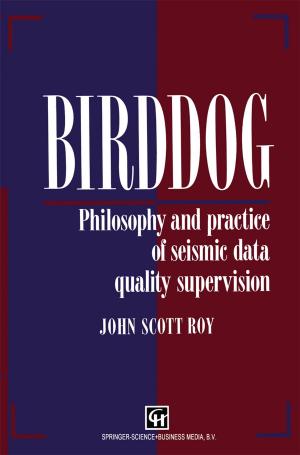Butchering, Processing and Preservation of Meat
Kids, Natural World, Nonfiction, Reference & Language, Education & Teaching, Science & Nature, Science| Author: | Frank G. Ashbrook | ISBN: | 9789401178983 |
| Publisher: | Springer Netherlands | Publication: | December 6, 2012 |
| Imprint: | Springer | Language: | English |
| Author: | Frank G. Ashbrook |
| ISBN: | 9789401178983 |
| Publisher: | Springer Netherlands |
| Publication: | December 6, 2012 |
| Imprint: | Springer |
| Language: | English |
This book is written primarily for the family to help solve the meat problem and to augment the food supply. Producing and preserving meats for family meals are sound practices for farm families and some city folks as well-they make possible a wider variety of meats, which can be of the best quality, at less cost. Meat is an essential part of the American diet. It is also an ex pensive food. With the costs high, many persons cannot afford to buy the better cuts; others are being forced to restrict the meat portion of the diet to a minimum, or to use ineffectual substitutes. Commercially in the United States, meat means the flesh of cattle, hogs, and sheep, except where used with a qualifying word such as reindeer meat, crab meat, whale meat, and so on. Meat in this book is used in a broader sense, although not quite so general as to com prise anything and everything eaten for nourishment either by man or beast. To be sure, it includes the flesh of domestic animals and large and small game animals as well; also poultry, domestic fowl raised for their meat and eggs, and game birds, all wild upland birds, shore birds, and waterfowl; and fish.
This book is written primarily for the family to help solve the meat problem and to augment the food supply. Producing and preserving meats for family meals are sound practices for farm families and some city folks as well-they make possible a wider variety of meats, which can be of the best quality, at less cost. Meat is an essential part of the American diet. It is also an ex pensive food. With the costs high, many persons cannot afford to buy the better cuts; others are being forced to restrict the meat portion of the diet to a minimum, or to use ineffectual substitutes. Commercially in the United States, meat means the flesh of cattle, hogs, and sheep, except where used with a qualifying word such as reindeer meat, crab meat, whale meat, and so on. Meat in this book is used in a broader sense, although not quite so general as to com prise anything and everything eaten for nourishment either by man or beast. To be sure, it includes the flesh of domestic animals and large and small game animals as well; also poultry, domestic fowl raised for their meat and eggs, and game birds, all wild upland birds, shore birds, and waterfowl; and fish.
